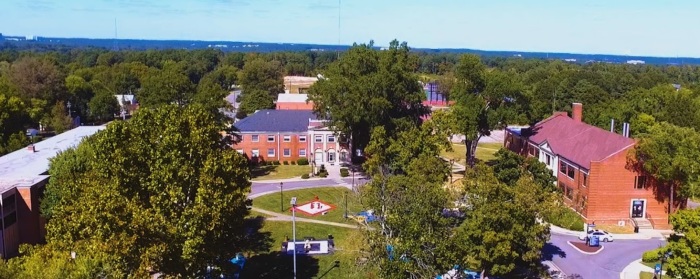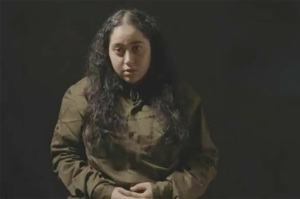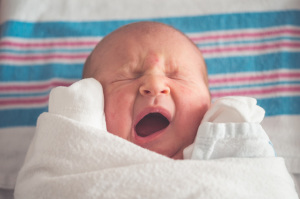Episcopal Church-affiliated university cuts half of staff positions amid financial woes

A historically African American university affiliated with the Episcopal Church is cutting half its employee positions as it struggles to retain accreditation due to financial issues.
Saint Augustine's University of Raleigh, North Carolina, announced Saturday that it intends to "eliminate several positions this month, including part-time and full-time non-faculty roles and some vacant positions."
The four-year liberal arts university is looking to cut 67 staff positions — 37 full-time faculty positions and 32 adjunct faculty positions — totaling around 50% of its employees.
Done before the meeting with the Southern Association of Colleges and Schools Commission on Colleges next month, the university labeled its actions "a significant move toward fiscal responsibility."
To secure its accreditation, SAU has reported reducing its expenses by around $17 million in fiscal year 2024 compared to fiscal year 2023. The university is also presently settling multiple outstanding balances with vendors.
"The momentum we are building is promising. While difficult, we acknowledge the seriousness of our financial challenges, and these measures are crucial for our long-term sustainability," said SAU Interim President Marcus H. Burgess.
"Our ongoing efforts to stabilize the financial condition of Saint Augustine's University are now showing tangible results — our community is responding positively, and we are excited about our future. Together, we will work diligently to rebuild our foundation."
SAU was founded by the Episcopal Diocese of North Carolina in 1867 to educate freed slaves following the Civil War. The institution is presently located on a 105-acre campus near downtown Raleigh. The school claims an average enrollment of about 1,000 students.
SAU has faced financial difficulties in the last several years. From 2014 to 2018, for example, the university was placed on probation but later regained full accreditation, WRAL reported.
Last December, SACSCOC trustees voted to remove SAU from membership as an accredited institution over concerns about financial stability.
SAU launched the Falcon Pride Initiative Fundraising Campaign in February to help preserve its official accreditation. Later that month, an appeals committee upheld the earlier ruling.
In response to ongoing financial and accreditation issues, the university began to move the bulk of its classes from in-person to online, with the measures taking effect in April.
"While we strive to maintain the quality of education, it is also our utmost responsibility to ensure the safety, well-being, and dignity of the SAU community, especially our students," said Burgess in a March statement.
The U.S. Department of Labor said it would investigate the university amid reports that employees had gone multiple pay periods without paychecks in May.
An arbitration committee appointed by SACSCOC issued a unanimous decision in July supporting the reversal of the accreditation removal, though maintaining that the university remains on probation.
"The SACSCOC arbitration committee's decision serves as a pivotal moment for SAU's redemption and renewal," said SAU Board of Trustees Chair Brian Boulware.
"The unanimous reversal by the arbitration committee rightfully corrects the injustice inflicted upon SAU by SACSCOC's initial ruling and underscores the university's steadfast commitment to excellence and growth."





























